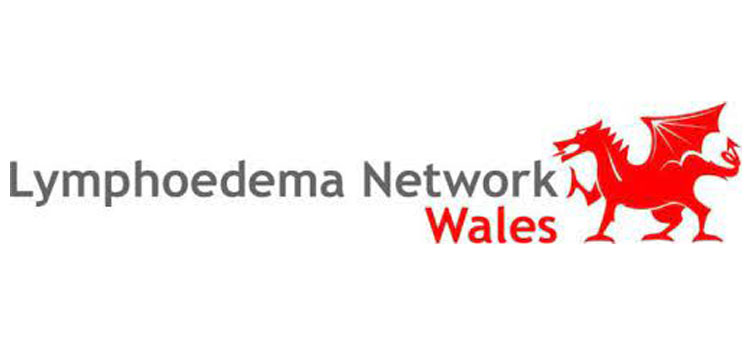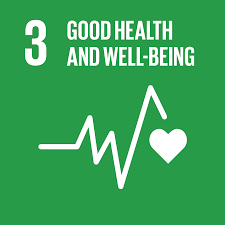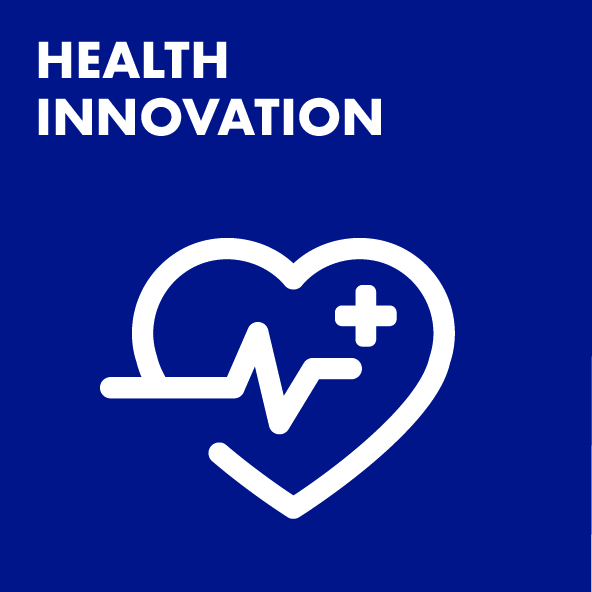The Challenge
Lymphoedema is a long-term (chronic) condition that causes swelling of the body tissues. Lymphoedema affects over 200,000 people in the UK, and approximately 2-in-10 breast cancer sufferers and 5-in-10 people with vulval cancer worldwide.
Patients with Lymphoedema have significantly increased risk of wound formation. This can occur due to infection, moisture build up and fungal infection in skin folds, as well as trauma. Therefore, good skin and wound care and compliance with compression are all important factors to reducing risk of developing further complications.
Our research built on previous research by Swansea University researchers that showed that wounds generate a considerable economic burden for the NHS, and that chronic wounds related to Lymphoedema are a major contributor to the problem.
The method
Lymphoedema Network Wales (LNW) approached the team to work on an economic analysis of the national Lymphoedema service, including the new On the Ground Education Programme (OGEP). This was developed as a community-based education model involving the use of video prescription applications and an educator training programme to support community health professionals and patients in the management and care of chronic oedema.
Lymphoedema Network Wales used the data to lobby for £1.4 million from the Welsh Government to deploy a new service to be rolled out across Wales that included extending the 'Wet Leg Pathway’. The ‘Wet Leg Pathway' (WLP) is a tool that emerged from the delivery of OGEP.
Findings have since shown estimated cost savings of up to £24,460,000 per year from the new service. We were able to prove that implementing OGEP resulted in savings in direct costs with:
- a reduction in the frequency of district nurse home visits (53%), which resulted in more cost-effective service delivery
- a reduction in the costs of dressings by 63%
The impact
LNW used the evidence from the research to successfully lobby the Health and Social Care Wales department to fund the spread of the Wet Leg Pathway across Wales.
The research has provided Welsh Government and clinicians with accurate estimates based on original evidence of the economic burden of Lymphoedema. We have also evidenced the cost savings derived from more efficient approaches to assessing and managing Lymphoedema in patients in primary and secondary care.
The research has played a critical role in
- evidence-based policy changes,
- evidencing Value-Based Health care








